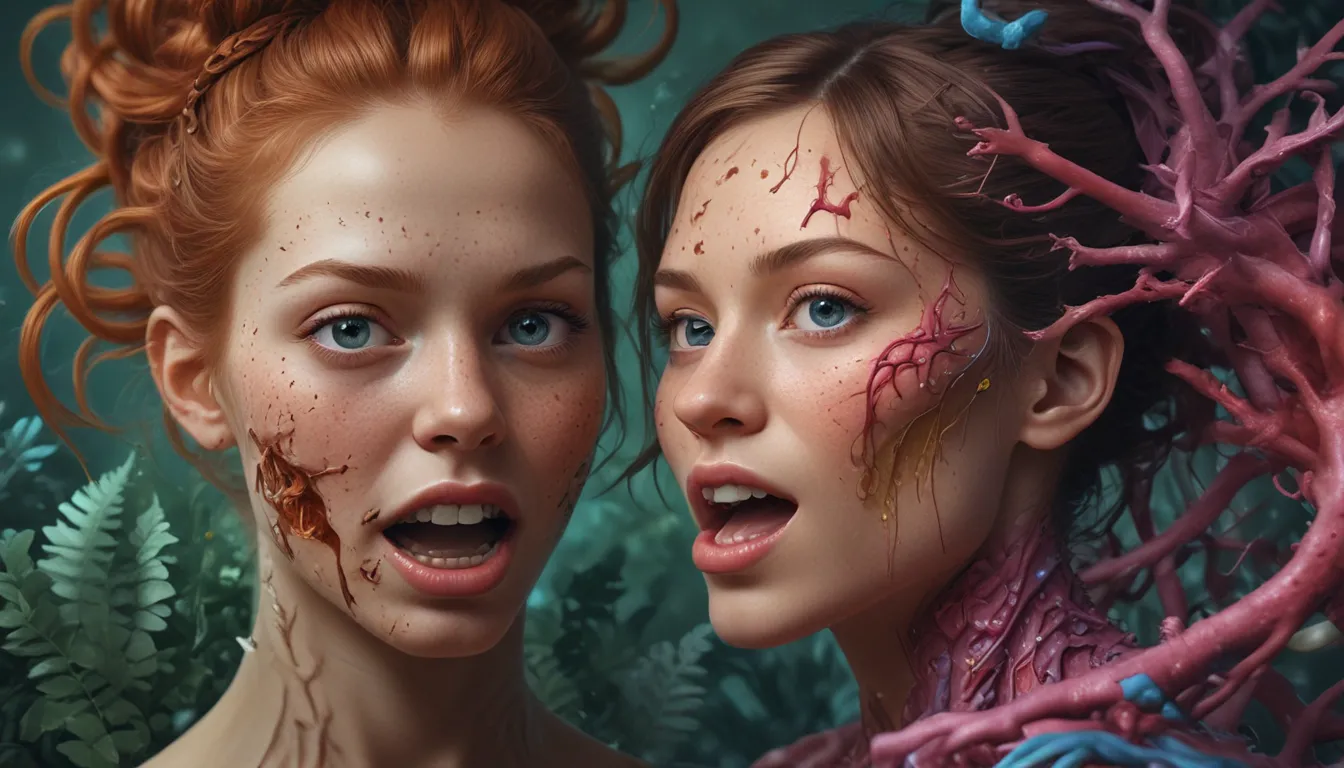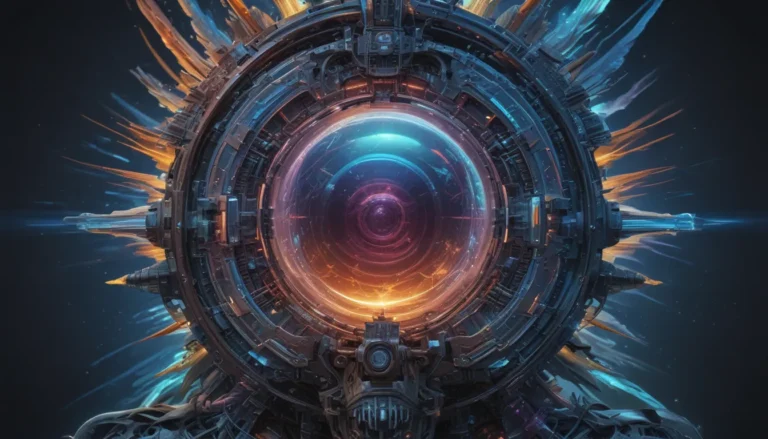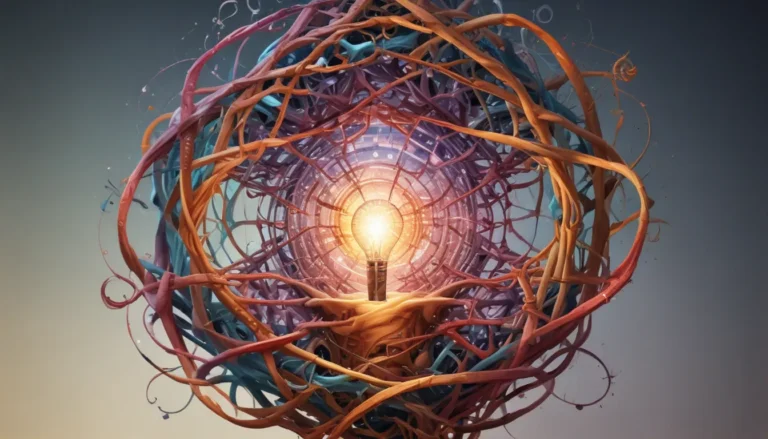A Note About Images: The images used in our articles are for illustration purposes only and may not exactly match the content. They are meant to engage readers, but the text should be relied upon for accurate information.
Are you ready to delve into the mysterious world of mutations? These spontaneous changes in the DNA sequence hold the key to understanding the diversity of life on Earth. From shaping physical traits to influencing behavior, mutations play a crucial role in genetic diversity, evolution, and even cancer development. In this article, we will uncover 14 surprising facts about mutations that will amaze and enlighten you. Get ready to be inspired by the wonder and complexity of the genetic world!
Key Takeaways:
- Mutations are spontaneous changes in DNA caused by factors like radiation and chemicals, impacting physical characteristics and behavior in all living organisms.
- Mutations play a crucial role in genetic diversity, evolution, and cancer development.
- They can lead to new traits or diseases and are used in genetic research to study gene function and understand specific diseases.
Mutations: The Building Blocks of Genetic Variation
Mutations are spontaneous changes in the DNA code that can occur during replication or repair processes. These changes can be caused by various factors such as radiation, chemicals, or natural processes within the body.
The Dual Nature of Mutations
Mutations can be both beneficial and harmful. While some mutations can lead to advantageous traits that provide an edge in certain environments, others can result in genetic disorders or increase the risk of diseases.
Beyond Species: The Universality of Mutations
Mutations can occur in any living organism, from plants to animals to humans. These changes can affect physical characteristics like eye color, hair color, and height, as well as influence behavior such as risk-taking tendencies and learning abilities.
The Diversity of Mutations: Inheritance and Types
Not all mutations are inherited. Some mutations are passed down from parent to offspring, while others occur spontaneously and are not hereditary. Mutations can occur in different parts of the DNA, ranging from single nucleotide changes to larger structural alterations.
Evolutionary Forces: Mutations and New Species
Accumulated mutations over time can drive the formation of new species with distinct characteristics. These genetic variations introduced by mutations are essential for the survival and adaptation of species in changing environments.
The Dark Side of Mutations: Cancer Development
Certain mutations in oncogenes or tumor suppressor genes can contribute to the development of cancer. Understanding these mutations is crucial for developing targeted therapies and treatments for cancer patients.
Unraveling the Complexity: Classification and Research
Mutations can be classified into different types, including substitutions, deletions, insertions, and duplications, each with unique effects on gene function. Scientists use mutations in genetic research to study gene function and investigate the underlying mechanisms of specific diseases.
Wrapping Up the Wonders of Mutation
In conclusion, mutations continue to be a source of fascination for scientists and researchers. From their incredible power to drive evolution to their potential in medical research, mutations offer a wealth of opportunities for discovery. The ability of living organisms to adapt and evolve through mutations has led to the flourishing diversity of life on our planet. Embrace the wonder and complexity of mutations, and get ready for exciting new discoveries in the field of genetics and biology.
FAQs
Q: What is a mutation?
A: A mutation is a change in the DNA sequence of a gene or chromosome that can result in variations in traits or characteristics of living organisms.
Q: Are all mutations harmful?
A: No, not all mutations are harmful. Some mutations can be beneficial and provide an advantage to an organism’s survival, leading to evolutionary changes.
Q: How do mutations affect evolution?
A: Mutations are the driving force behind evolution, introducing genetic variations into populations that can be selected for or against based on their impact on an organism’s fitness in its environment.
Q: Can mutations be inherited?
A: Yes, mutations can be inherited. Some mutations occur in reproductive cells and can be passed down from one generation to the next, contributing to genetic diversity within a population.
Q: How do mutations contribute to medical research?
A: Mutations provide valuable insights into the development and progression of diseases, helping researchers understand the underlying biological mechanisms and develop targeted therapies.
Q: Can mutations be reversed or corrected?
A: While some mutations can be corrected through genetic repair mechanisms, others may be permanent. Advances in gene editing technologies offer potential avenues for correcting or modifying specific mutations in the future.
Unlock the mysteries of mutation and embark on a journey of discovery into the marvels of genetic variation. From the secrets of beneficial mutations to the impact of mutations on evolution and cancer, there’s a world of wonder waiting to be explored. Join us as we unravel the captivating complexities of mutations and expand our understanding of the fundamental processes that shape life on our planet.






